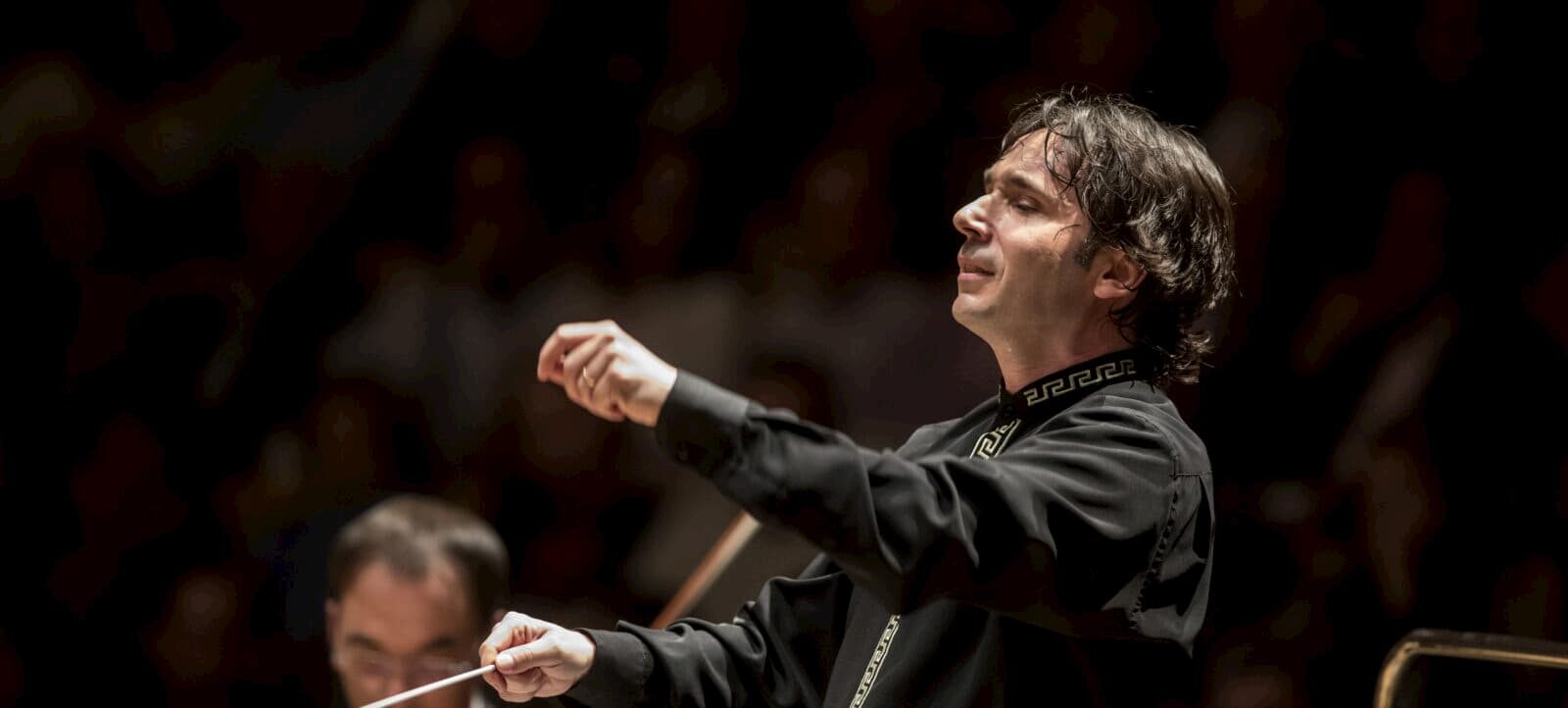
Budapest
Piano Concerto No. 1 in B-flat minor – CANCELLED !
Ferencsik season ticket 3
Tchaikovsky originally intended to dedicate his work from 1874/75 to his friend Nikolai Rubinstein. However, the pianist, composer and conductor sharply criticized the piece, and so the dedication went to the student of Franz Liszt and the first husband of his daughter Cosima, Hans von Bülow who premièred it in Boston in 1875. The piano concerto took on the form that the composer considered final in 1888. Key to the first movement are Romantic pathos and passion, while the slow movement fits a diabolical scherzo into the sensual romance of its middle section. The main theme of the finale was inspired by a Ukrainian folk melody. The Allegro con fuoco, which requires exceptional instrumental skill from the pianist, culminates in a wild coda. The soloist for the evening, the Hungarian-American pianist Peter Klimo, took third place at the 2019 Bartók World Competition and a special prize from the Hungarian National Philharmonic.
Thanks to his enthusiastic admirer, baron Axel Carpelan, the spiritual godfather of Finlandia, Sibelius started to compose his Symphony No. 2 in 1901 during an Italian sojourn in Rapallo, finishing it after he returned home. Its world première took place on 8 March the following year. In light of its great success, it had to be repeated three more times: on the 10th, 14th and 16th of March. After many changes, it was played in its final form for the first time in 1903 in Stockholm, again to resounding acclaim. To this day, it remains Sibelius’s most popular symphony, with a hymn-like coda that, for Finns, symbolises their liberation from Russian oppression. With the presence of Henrik Nánási, the orchestra will be playing under the leadership of one of the outstanding conductors of our era, who as music director of Berlin’s Komische Oper twice won his ensemble the title “Opera House of the Year”.

